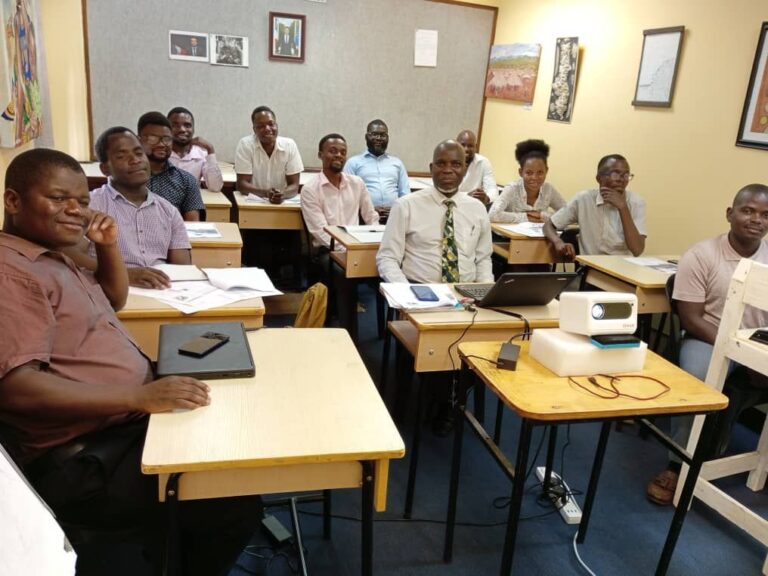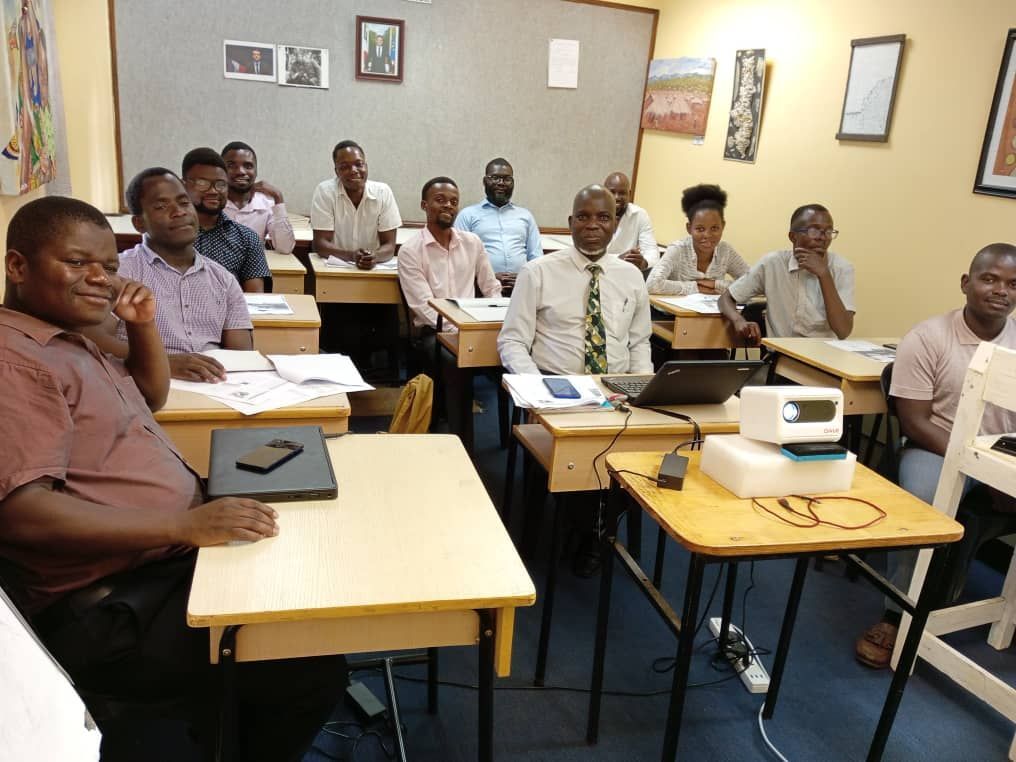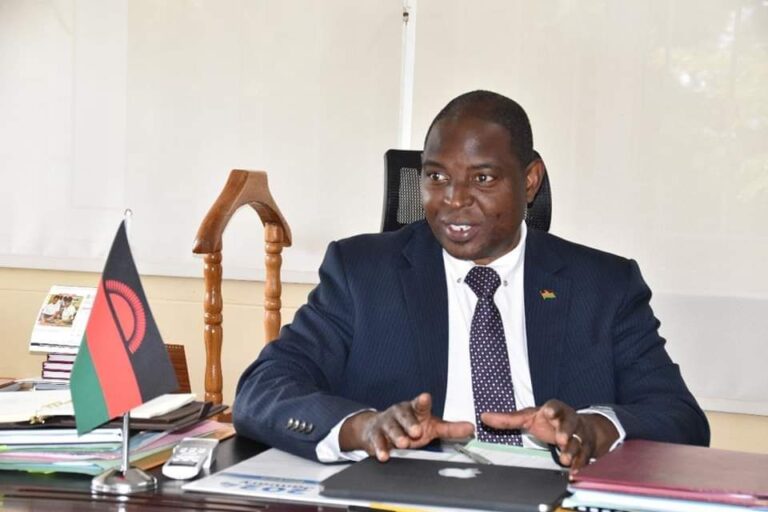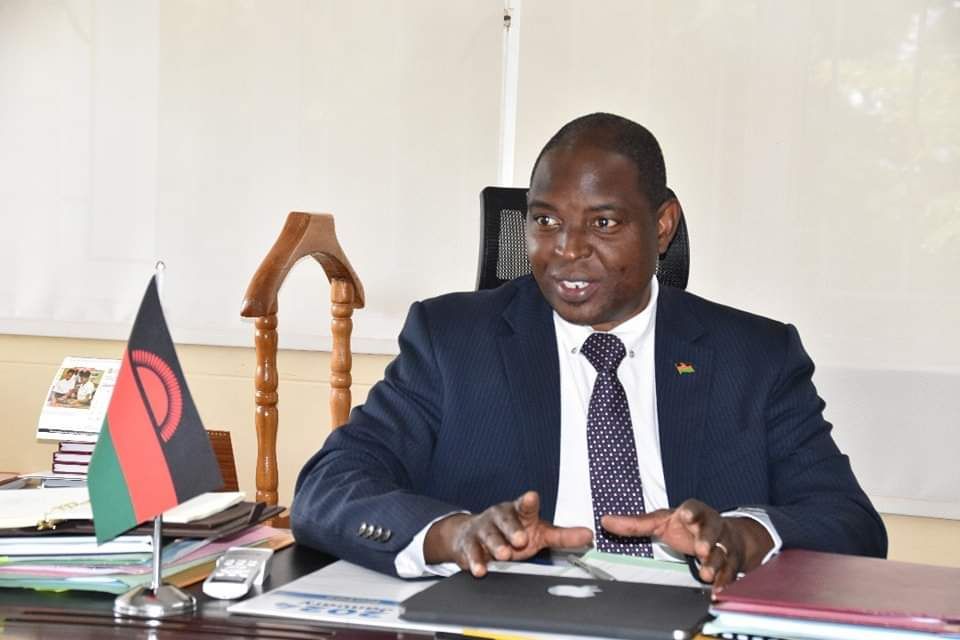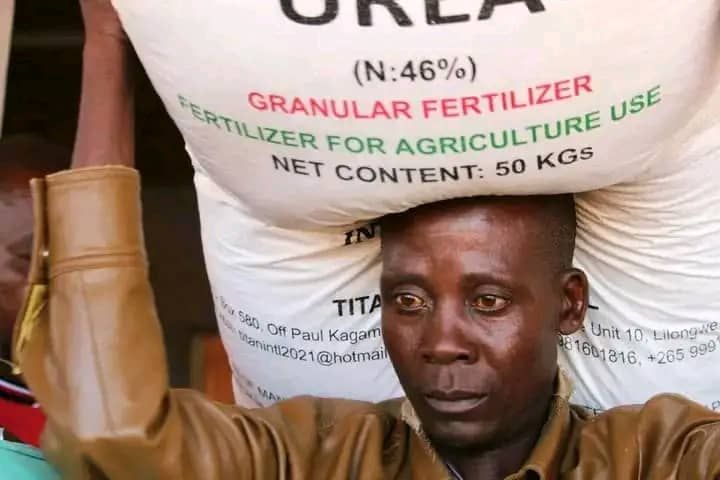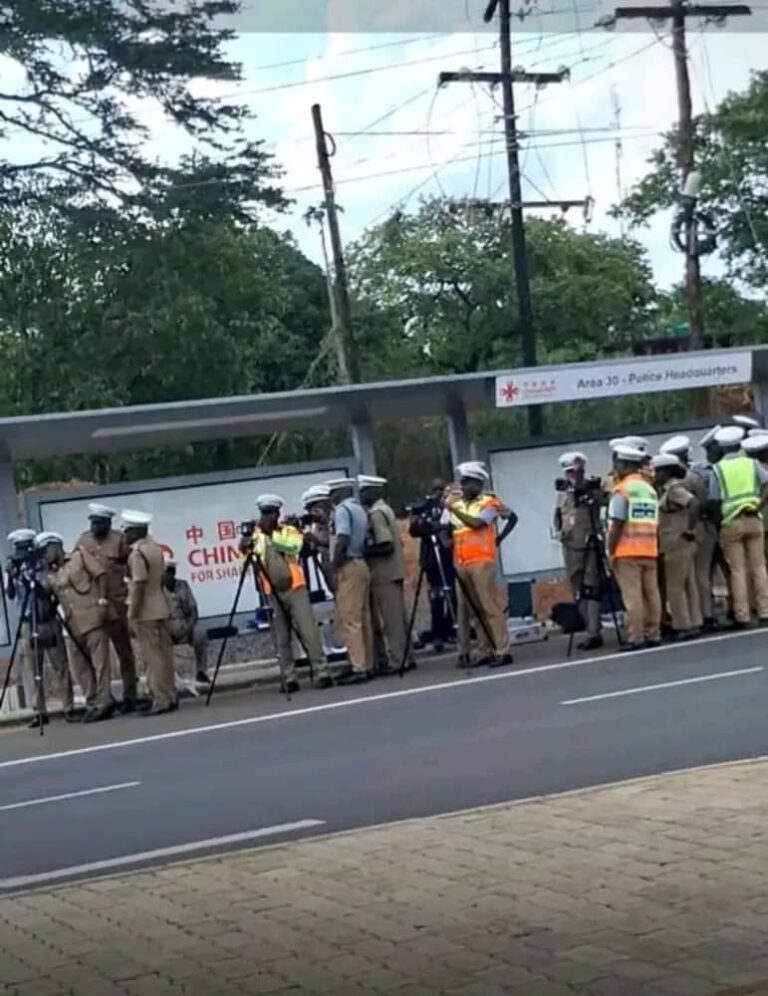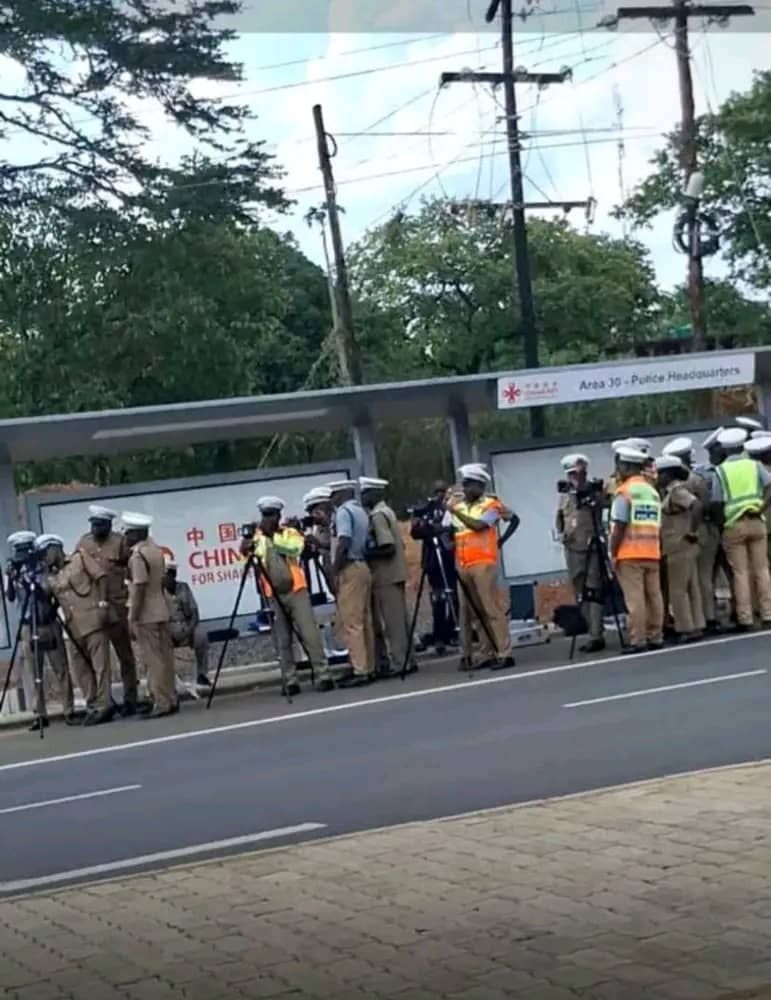By Burnett Munthali
The ongoing saga surrounding allegations of judicial corruption has taken another dramatic turn as lawyer Alexius Kamangila has penned a scathing response to claims made by self-proclaimed journalist Morton Baghaya. Kamangila’s hard-hitting remarks come as tensions rise in a case that has captivated public attention and sparked intense debate about justice, corruption, and accountability in Malawi’s judiciary.
In a controversial statement, Morton Baghaya declared, “Basitu, case ya Alex yatsekedwa. RIP. Akuti palibe wapita Ku JSC kukapereka umboni wa katangale.” (Simply put, Alex’s case is closed. RIP. It’s claimed no one went to the Judicial Service Commission (JSC) to provide evidence of corruption). Baghaya also criticized Kamangila’s handling of the case, implying that the lawyer lacked evidence and strategy, and accusing him of failing to engage the media to rally public support.

Baghaya’s arguments rested on four key points:
1) He argued that Kamangila’s failure to present concrete evidence undermined the credibility of his claims.
2) Baghaya accused Kamangila of fighting the battle alone without building alliances or a strategic “army.”
3) He emphasized the importance of involving journalists to amplify the case and set the agenda.
4) Baghaya contended that ordinary Malawians, struggling with basic needs like salt, are not invested in “higher-order issues” such as justice reform.
In his response, Kamangila did not mince words, branding Baghaya as either “so stupid or being paid by the corrupt.” He dismissed Baghaya’s assertions as baseless and questioned his credibility as a journalist, calling him an individual whose observations lack depth or intelligence.
Kamangila reiterated his commitment to exposing corruption within the judiciary, describing the fight as a “TSUNAMI” that corrupt judges and lawyers will not escape. He maintained that the battle is far from over and promised to apply pressure where it hurts most: “Awawa tiwafinya the neck of their balls. Trust me.”
Kamangila acknowledged that building a corruption case against judges requires more than allegations, but he pushed back against claims that he lacked evidence. He accused Baghaya of misunderstanding the complexities of legal investigations, noting that whistleblowers often rely on investigators to verify and act on their claims.
While Baghaya criticized Kamangila for not effectively utilizing the media, Kamangila countered by stating that the media landscape in Malawi is often influenced by vested interests. He argued that not all journalists are willing to champion the truth, especially when it threatens powerful institutions or individuals.
Kamangila broadened the conversation, pointing out that corruption is not unique to the judiciary but is prevalent in other sectors, including the police, immigration, and traditional leadership. However, he stressed that systemic corruption must be addressed at all levels to restore public trust.
The public remains divided on the issue, with some supporting Kamangila’s bold stance against judicial corruption and others echoing Baghaya’s skepticism. Critics of Kamangila argue that his lack of tangible evidence undermines his case, while supporters believe his courage to speak out against corruption is commendable.
One observer remarked, “Morton may have valid points about evidence, but Kamangila’s fight is exposing cracks in the judiciary that cannot be ignored.”
Both Kamangila and Baghaya agree on one point: corruption in Malawi’s judiciary is a problem that needs addressing. However, the approach to tackling it remains contentious. Kamangila continues to push for accountability and reform, while Baghaya advocates for a more strategic and evidence-based campaign.
As Kamangila puts it, “This momentum will not be wasted. These corrupt judges and lawyers must be held accountable. Keep watching the developments.”
The battle over judicial corruption is far from over, with Kamangila promising to escalate his efforts despite criticism. His fiery response to Baghaya’s claims has added another layer of intrigue to a case that has already captivated the nation.
In the end, the fight for justice in Malawi will require more than just words—it demands evidence, strategy, and collective action. Whether Kamangila’s approach will yield results remains to be seen, but one thing is clear: the conversation about judicial corruption has only just begun.
Keep watching this space. The tsunami is coming.



